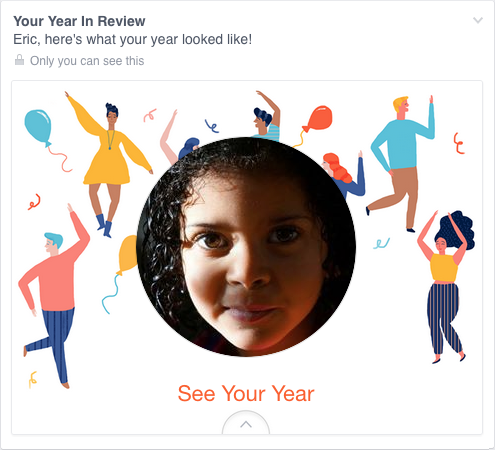
Since its launch 15 years ago, Facebook has become a primary means of keeping in touch for friends and family in the digital age. It reminds us of birthdays and special events, makes it easy to organize groups, allows us to track down old friends, and does lots of other algorithmic gymnastics to make staying connected with the ones we love easy and fun. There’s no doubt Facebook has changed the way we interact socially, but sometimes innovation can come up short on the human side.
This has unfortunately been the case with Facebook for years. But recently Sheryl Sandberg, the chief operating officer for the social media giant, announced moves to make the site more sensitive to loss and grief.
There are over 2 billion active users on Facebook, which means millions of accounts belong to dead people. Until now, Facebook’s algorithms and artificial intelligence have made no distinction between living users and dead ones — which has led to some seriously inappropriate reminders being sent to the families and friends of users who have died.
Facebook Algorithms and the Dead
A good example of this kind of faux pas pops up every year in Facebook’s “Year in Review” feature, which reminds users around Christmas of their Facebook highlights from the previous year. The feature automatically shows users photos that saw the most activity but without any sort of context, which inevitably has led to photos of lost loved ones and pets showing up around the end of the year to remind users of painful losses.

Credit: meyerweb.com
This was the case for Eric Meyer, when four years ago he opened his Facebook feed to see a photo of his daughter Rebecca, who had recently died, with the caption “Eric, here’s what your year looked like!” In a blog post about the incident, Meyer spoke frankly about that day: “Yes, my year looked like that. True enough. My year looked like the now-absent face of my little girl. It was still unkind to remind me so forcefully.” While this instance of what Meyer calls “inadvertent algorithmic cruelty” is especially hard to swallow, it’s far from an isolated incident.
It’s true, Facebook has a poor track record with death, but these new steps to be more sensitive around death are headed in the right direction. Facebook has rolled out a number of new features aimed at eliminating the nightmare of managing a family member’s account after they’ve died. And they say they’ll be using AI to screen for dead users when sending messages like birthday or invitation reminders. As to how they’ll do this and what they’ll be looking for, they won’t say. But as more and more users die in the years to come, dealing with death digitally will become a priority not only for Facebook but for all of us.

 Facebook Learns to Deal with Grief
Facebook Learns to Deal with Grief


 “As Tears Go By” by Marianne Faithfull
“As Tears Go By” by Marianne Faithfull
 “The Sea” by John Banville
“The Sea” by John Banville
 Funeral Favors Offer Visitors a Tangible Memento
Funeral Favors Offer Visitors a Tangible Memento















